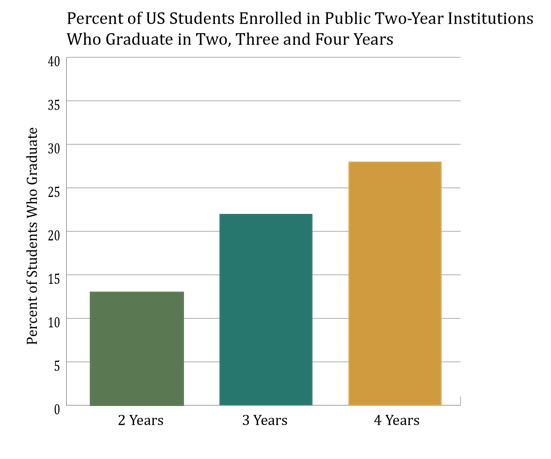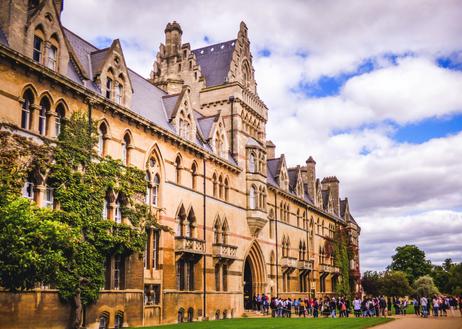Last week, President Obama introduced a plan to deliver free Community College tuition to all Americans. Is it the right call?
In this story, we will not attempt to make a judgment call on whether free Community College is right or wrong. Instead, we paneled a few experts in education and economics to get their take on the issue. We’re showing both sides of the coin, and letting readers decide on their own.
The Case for Free Community College
The democratization of Higher Education
The most prominent supporters of Obama’s plan laud the proposal as a right step in the right direction toward an equal democracy. One such organization, University of the People, offers tuition-free degrees to many students who would have been shut out of the opportunity to attend college otherwise. Founder and President Shai Reshef says, “According to the proposed plan, students could save an average of $3,800 a year. It is known that the average student spends as much as $1,200 each year on textbooks and supplies alone.”
Rasheen Carbin, Co-founder, and CMO of career app nsphire, says Obama’s plan is the right step for America. “As we all know, the price of college has skyrocketed. We also know, having a Bachelor’s degree adds about a million dollars to your lifetime earnings.” Rasheen is adamant that free community college can lift a burden on lower-income families, and close the gap between poor and wealthy classes in the U.S.
“College is still a






















